We Australians face China’s bullying insults with honor
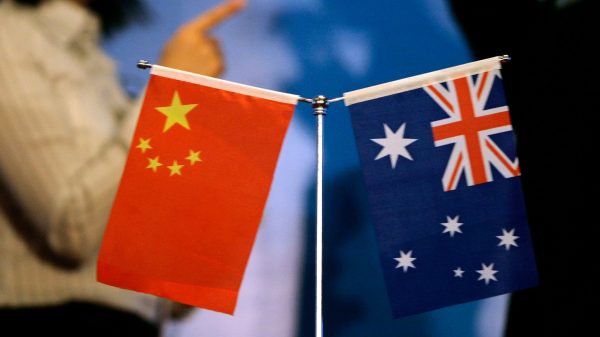
Dave Sharma: The appointment of Australia’s new Trade Minister, Dan Tehan, has been accompanied by speculation about whether he can help repair worsening trade tensions with China. Such trade tensions are undoubtedly on the rise, but they go deeper than mere personnel.
In recent months Australian exports to China of barley, beef, wine, timber, coal and even lobsters have been disrupted. The justifications given are varied and technical, but the intent is entirely political, and designed to send a message.
In case the subtlety was lost on anyone, Chinese officials in Australia recently prepared and released a list of fourteen grievances with Australia. It makes Austria-Hungary’s ultimatum to Serbia at the outbreak of World War I look like a magnanimous attempt at compromise.
Included among the fourteen grievances is Australia’s decision to ban Huawei from our 5G network, laws proscribing foreign interference in our political system, and legislation that gives the federal government oversight and ultimate veto over foreign agreements concluded by state governments.
In an irony that was apparently lost on Beijing, which frequently decries outside interference in its own internal affairs, the list of fourteen grievances goes to the heart of Australian domestic political settings and are non-negotiable issues of sovereignty. Beijing also accuses Australia of spearheading the calls for an independent investigation into the origins of the COVID-19 outbreak.
Australia’s common-sense proposal for an independent evaluation was in fact co-sponsored by over 130 other nations at the World Health Assembly, and was adopted by consensus. At last count, COVID-19 has killed 1.7 million of the world’s citizens: more than the combined death toll from malaria and HIV-AIDS in any given year. It has caused a global economic shock unseen outside wartime. Every major world economy, except China, has contracted in 2020.
It is clear from the evidence available that authorities in China were slower than they should have been to disclose the scale and severity of the outbreak to the world at large, a delay for which we have all paid a price. The delay was reflective of a political system that is opaque, closed, and prioritizes the legitimacy and security of the Chinese Communist Party above all else.
It is striking that a year since reports of the emergence of a novel coronavirus in Wuhan first emerged among medical circles, the World Health Organization team tasked with this evaluation has not yet set foot in Wuhan.
Beijing’s conduct since the outbreak of COVID-19, including its bullying behavior toward Australia, has been revealing. It has demonstrated to the world the sort of great power it would be: one which brooks no criticism, demands deference from client states, and places its internal political needs above international norms and principles.
Global leadership in today’s world requires the implicit consent of the governed. This is granted to those states willing to underwrite global public goods and, in so doing, restrain the narrow pursuit of their own national interests. China today has power, but lacks such legitimacy. Global leadership requires both. Though they are yet to fully grasp it, this is the dilemma facing China’s leadership. As for Australia’s trade dispute with China, we will manage.
China’s volatile behavior has unsettled iron ore markets, sending the spot price soaring. Iron ore accounts for over half of Australia’s exports to China. The rise in the spot price means our total export values to China have barely budged. Agricultural and wine producers are busy finding other markets, from Europe to Latin America and the Middle East. We are high-quality, cost-competitive and reliable producers: we will find new markets.
Christmas shoppers have been thrilled to find that Australian lobster, previously beyond the price of domestic consumers, is now affordable and widely available. Recipes featuring lobster are suddenly everywhere, having last been in vogue in the early 1990s. Meanwhile, several Chinese cities are rationing electricity and heating, the result of a shortage of imported Australian thermal coal.
Australia’s response to these trade disputes has been to reaffirm our faith in the rules-based trading system, by commencing an action against China in the World Trade Organization. It is the predictability and transparency of this system that has done so much to further global trade and growth, and of which China has been a huge beneficiary
China’s aggressive and insulting diplomacy has united public opinion in Australia behind the flag. It has accelerated the push toward trade diversification, a welcome corrective to what had been an unhealthy concentration in a single market.
Free trade negotiations are underway with the European Union and the United Kingdom. Australia is keen to welcome the incoming Biden Administration back into the Trans Pacific Partnership. And there are voices within Australia calling for an FTA with Taiwan.
Nearly all Australians would like to see a resumption of normal trading relations with China, but very few believe we should sacrifice our sovereignty or our principles in order to achieve this.
Dave Sharma is a member of Australia’s House of Representatives and chairs the Joint Standing Committee on Treaties. He was Australia’s ambassador to Israel from 2013 to 2017.
Source: Nikkei Asia



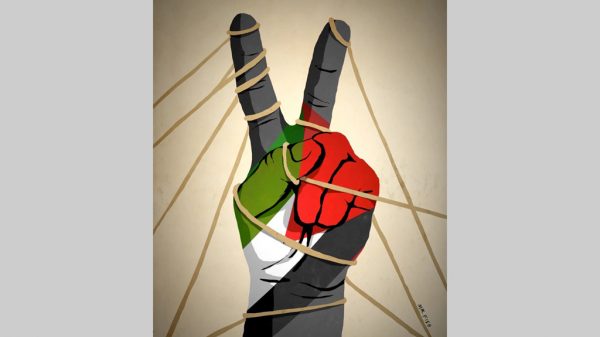
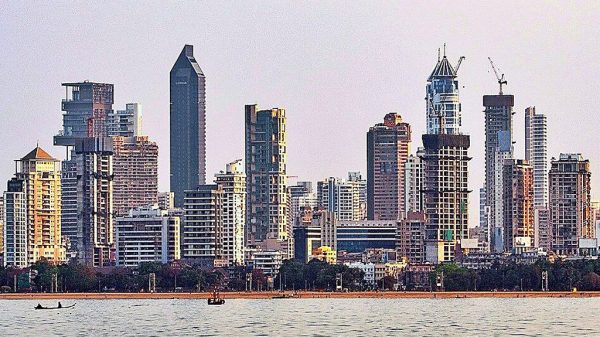

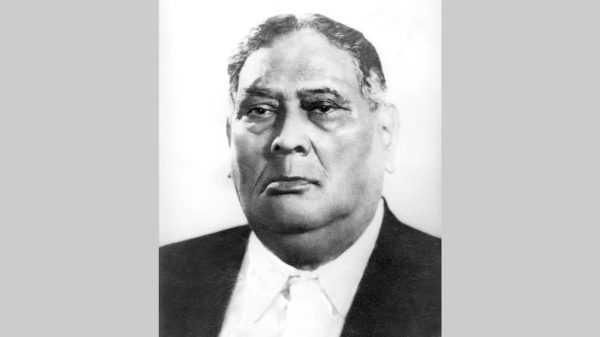




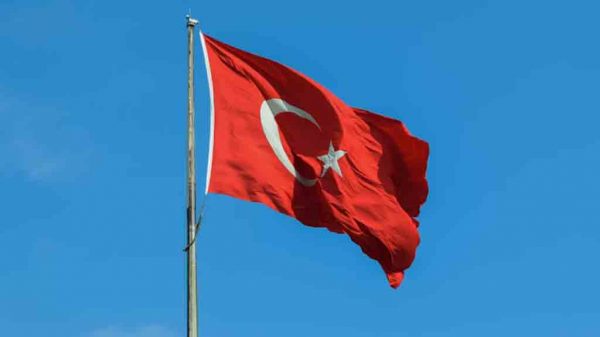


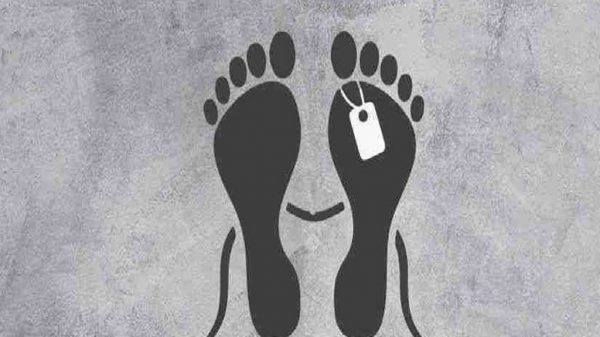
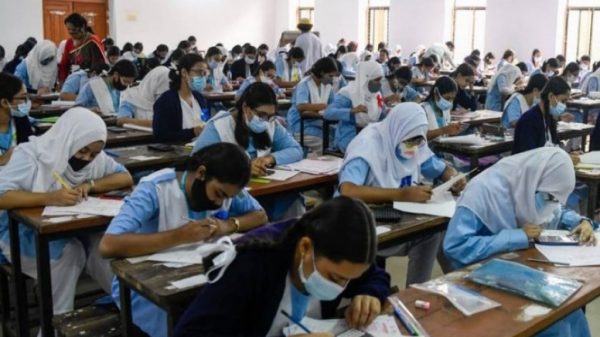













Leave a Reply